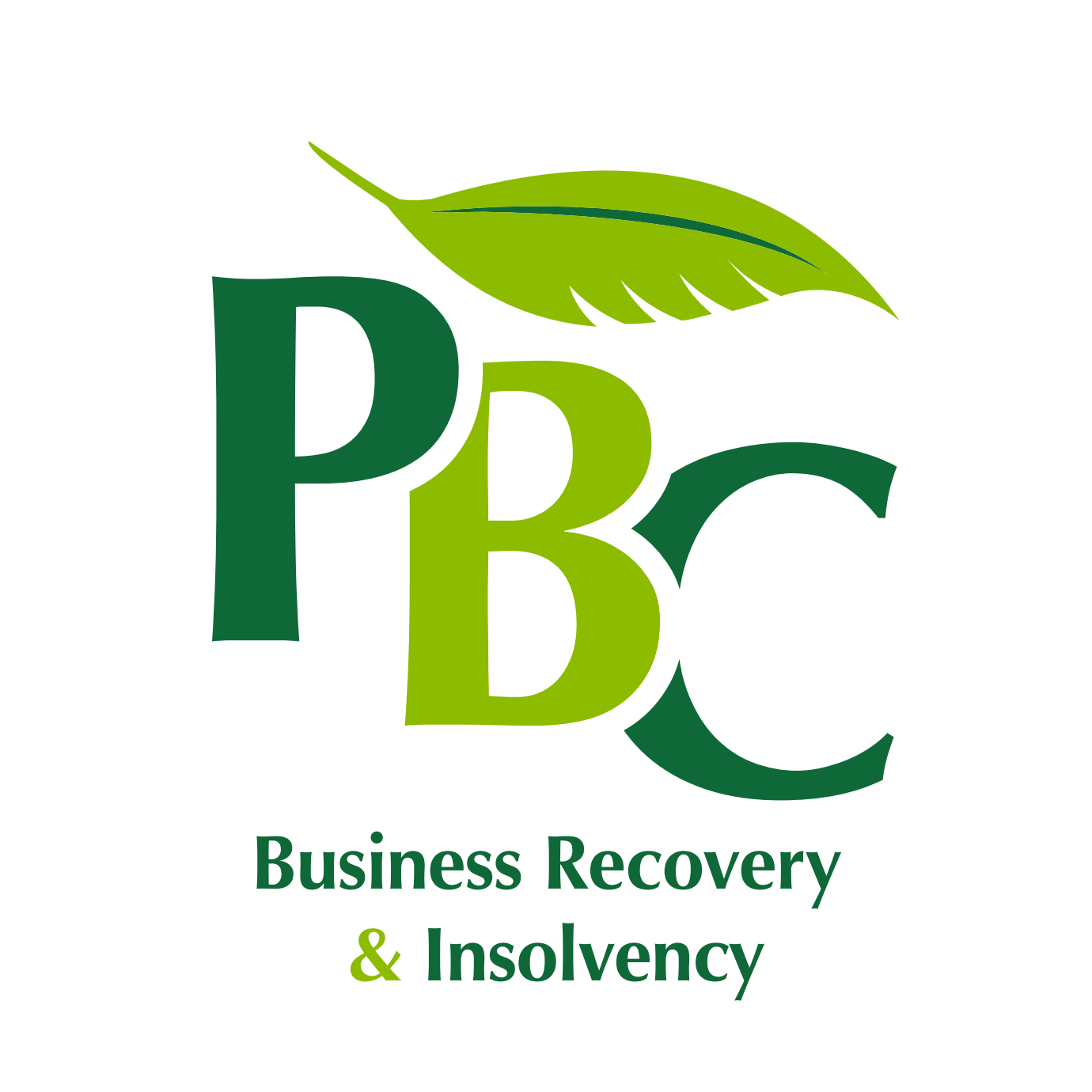Something I have been asked several times recently is when should directors seek advice from an insolvency practitioner. My answer is always “as soon as possible” as there are more options available the earlier advice is sought, with the likelihood of rescue and recovery markedly higher.
The other advantage is that a director is less likely to step on what I call the elephant traps. These antecedent transactions, explained below, can lead to personal liability for the director to restore the position to what it would have been prior to the transaction taking place.
- Preference
The Insolvency Act 1986 defines a preference as where a payment is made to a person and “that person is one of the creditors or guarantor for any of the debts and [the insolvent] does anything which has the effect of putting that person into a position which will be better than if that thing had not been done”.
It needs to be proved that the company was insolvent at the time (or as a result) of the transaction and that there was a desire to prefer the creditor or guarantor. However, where the recipient of the preference is a party connected with the company (e.g. a director or relative of a director or a company of such a person) then the desire is presumed. Finally, the payment needs to take place within a relevant time which is 6 months prior to the company entering liquidation or administration, although this is extended to two years when the recipient is connected.
Typically, preference payments involve payments being made to directors to clear loan accounts, to creditors personally guaranteed by the director or to suppliers which the director intends to utilise should they start a new business.
- Transactions at an Undervalue
A transaction at undervalue occurs when a company “makes a gift or otherwise enters into a transaction that provide for no consideration” or “enters into a transaction for a consideration the value of which is significantly less than the value provided” in the two years prior to the company entering liquidation or administration. Additionally, it needs to be proved that the company was insolvent at the time (or as a result) of the transaction.
The most common examples are the gifting of assets to directors or the transfer of an asset the director believes is theirs (e.g. a company car) for a value far less than it was worth.
- Transactions Defrauding Creditors
A transaction defrauding creditors arises when a company “makes a gift or otherwise enters into a transaction that provide for no consideration” or “enters into a transaction for a consideration the value of which is significantly less than the value provided”.
On the face of it, that sounds exactly like a transaction at undervalue but in this case it needs to be proved there was an intent to put assets beyond the reach of anyone likely to make a claim (typically a creditor). There is no need to prove insolvency and the transaction does not need to occur in a relevant time period.
Often these cases involve scenarios where financial arrangements are changed to ensure one party holds the assets while another takes all the risk.
- Wrongful Trading
Wrongful trading occurs where “at some time before the commencement of the winding up, [a director] knew or ought to have concluded that there was no prospect of avoiding insolvent liquidation”.
Case law has held that a director can be held personally liable for the increase in liabilities from the point where they ought to have reached the conclusion to the time when the company ultimately enters liquidation or administration. A statutory defence is available to directors where “they took every step with a view to minimising the loss to the company’s creditors”.
An example would be directors acknowledge their company had suffered losses and there was insufficient capital to keep the company trading. Over the next two years (say) debts increased by £200,000 and the company went into liquidation owing £350,000. The wrongful trading (and personal liability) is the £200,000 increase.
- Fraudulent Trading
Fraudulent trading carries criminal sanctions as well as personal liability for any party “knowingly … carrying on business with intent to defraud creditors or for any fraudulent purpose”. The company does not need to be insolvent at the time of the fraudulent trading, which could be as simple as a single act.
A single act could be the taking of a loan, using the funds for personal benefit and having no intention of repaying the loan. This would include the government backed Covid support schemes.
- Misfeasance
Misfeasance occurs where a director breaches their duty (fiduciary or otherwise) in relation to the company. Common examples of this include adopting a systematic policy of avoiding paying taxes to HM Revenue & Customs, failing to maintain adequate books and records and paying dividends where there were not the available reserves to do so.
It is a common policy for director/shareholders to pay themselves a mixture of salary and dividends to reduce the tax liability but recent court judgements have held that dividends cannot subsequently be converted to salary if challenged.
Except with the statutory defence outlined above for wrongful trading, the antecedent transactions outlined have no defence so if a director steps on the elephant trap there is mitigation. As a result, I must return to what I said at the outset that if advice is not taken as soon as possible, then this position could result in significant sums becoming payable by the director.





